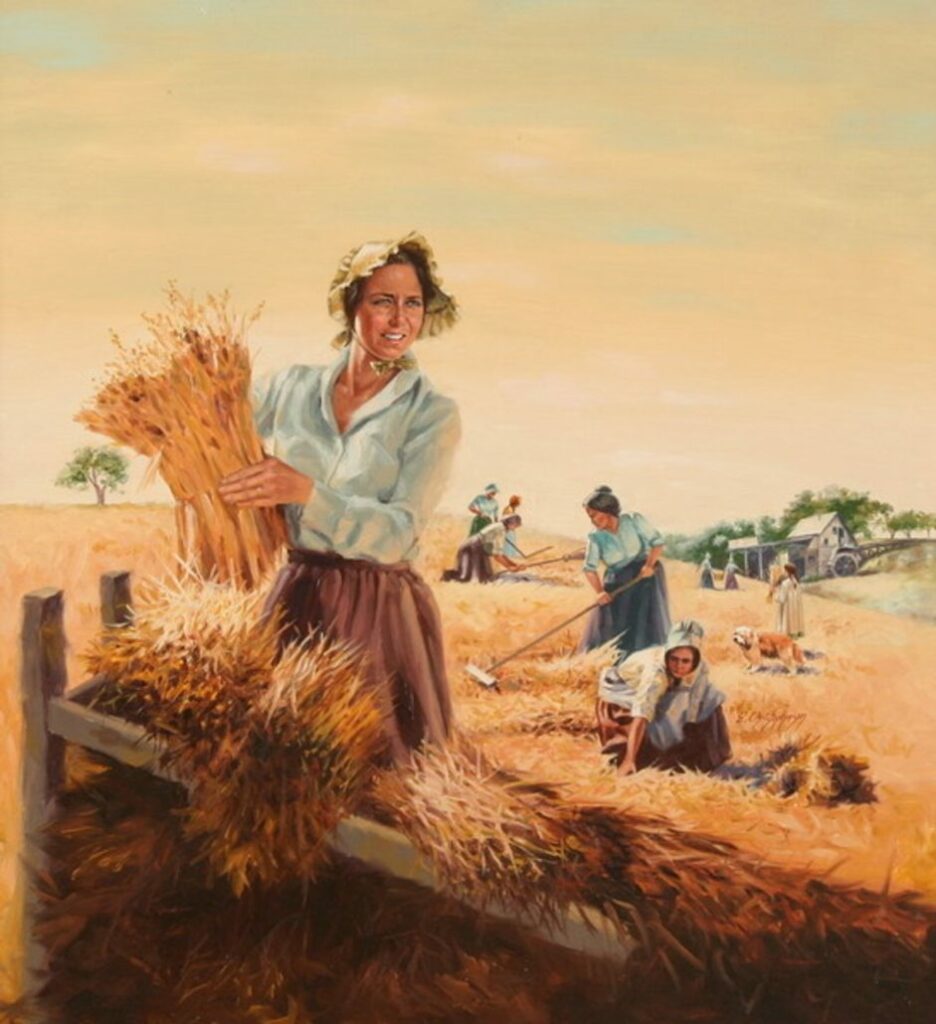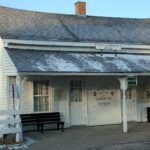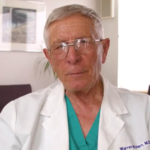Blog Post
Laura Ingalls Wilder In The Big Woke Woods
By Jonathon Van Maren
Late last year, PBS aired Laura Ingalls Wilder: From Prairie to Page, a new documentary in the American Masters series. Plugged as the real story of the author’s life and a critical look at Wilder’s work, it is visually attractive, and occasionally interesting for anyone who isn’t familiar with the Ingalls-Wilder backstory. But there is an unfortunate series of woke progressive talking points awkwardly shoe-horned in, largely due to the American Library Association’s 2018 decision to drop her name from its children’s literature award (of which she was the first recipient in 1954) due to her alleged racism against Native Americans. In this uniquely stupid time, everything must be political.
From Prairie to Page begins with Wilder’s reflection on the extraordinary eras her life had overlapped: first, the frontiersmen; then the pioneers, the farmers, and the towns. “Then I understood that in my own life, I represented a whole period of American history,” she told an audience in Detroit. Wilder was born in 1867 and died in 1957: from the covered wagon to the atom bomb; from settlers to superpower. It all seems very long ago, but in fact, one can still reach out and almost touch it. There are a handful of people left living who knew Laura Ingalls Wilder, although all with lifespans approaching a century. I tracked several of them down last year.
William Turner, the former chairman of the Great Southern Bank in Mansfield, Missouri, told me Wilder was a “prim lady, very proper” who’d once given him a hand-written poem for a pie supper fundraiser. Retired newspaperman Dale Freeman, who frequently saw her at church, recalled that she was a “quite religious Methodist” and a great cook. He remembers his father playing billiards with Almanzo Wilder. Roscoe Jones, who lived next door to Rocky Ridge Farm, ran errands for her as a boy, and she’d invite him in to sit by the stove and tell him stories of the old days. “She would say: Now, this is the way it actually happened,” he told me. Speaking with them, I felt as if I was brushing the edge of history.
READ THE REST OF THIS COLUMN AT THE AMERICAN CONSERVATIVE








